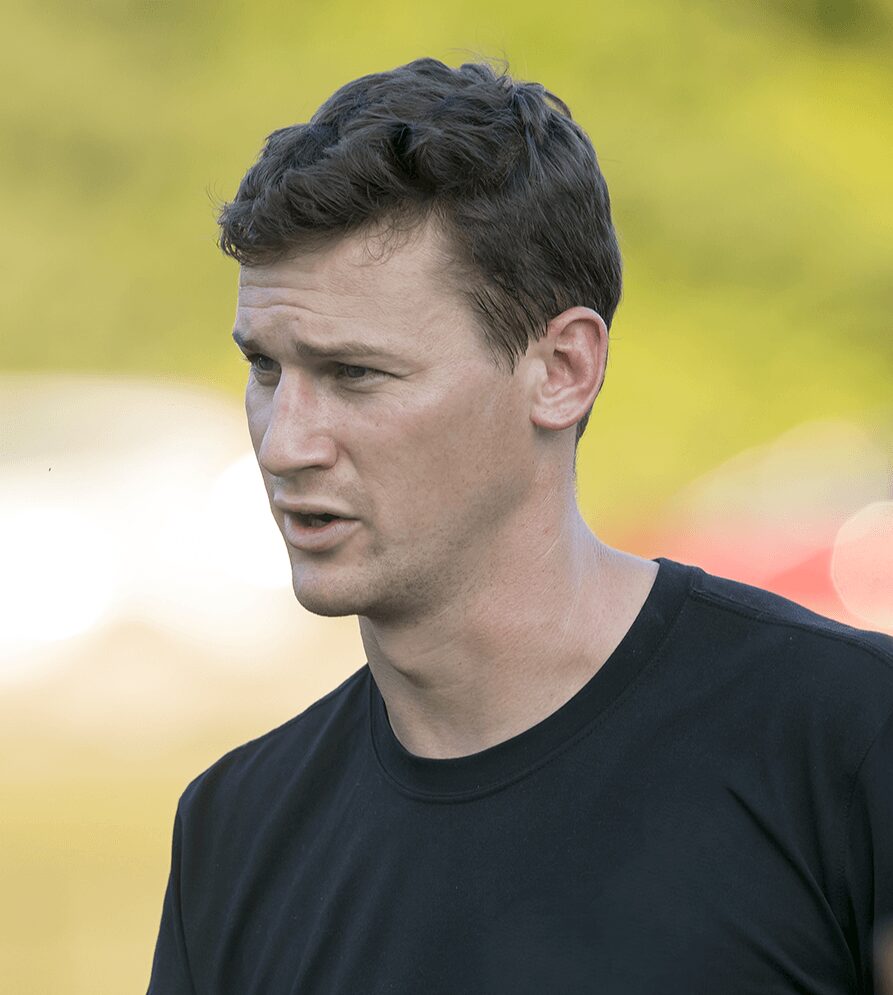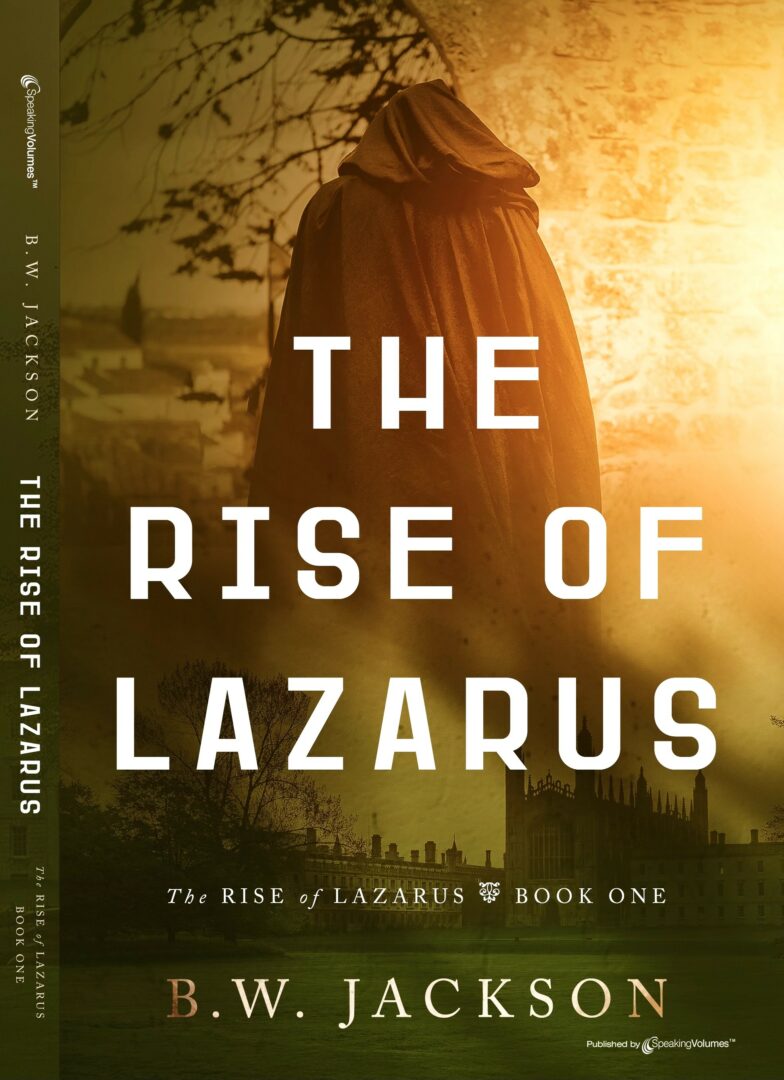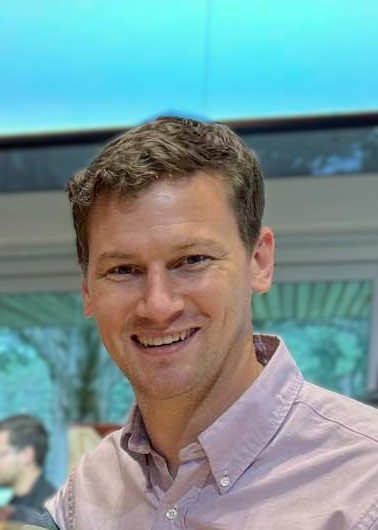We’re excited to introduce you to the always interesting and insightful B.W. Jackson. We hope you’ll enjoy our conversation with B.W. below.
B.W. , so great to be with you and I think a lot of folks are going to benefit from hearing your story and lessons and wisdom. Imposter Syndrome is something that we know how words to describe, but it’s something that has held people back forever and so we’re really interested to hear about your story and how you overcame imposter syndrome.
Wait, did someone figure that out? I’d like to meet them.
Only kidding. I think the way you overcome imposter syndrome is learning to live with it, and the way you learn to live with it is by reminding yourself that everything we do, in this incredible universe, is small beyond our comprehension. That doesn’t mean we are unimportant or undeserving of recognition, but having a sense of proportion is helpful.
The days when I feel like I’ve overcome imposter syndrome are, ironically, the days when I don’t feel worthy of imposter syndrome. I don’t know what you call that condition, but that could be the secret to overcoming imposter syndrome. Maybe that condition is just called humility. Either way, it’s something to strive for.

Great, so let’s take a few minutes and cover your story. What should folks know about you and what you do?
I write fiction, and I think that’s exciting at a time when there’s a real temptation to give up on writing entirely. With so much technology at our disposal, especially artificial intelligence, we are starting to fall into a trap of outsourcing creativity. If we outsource creativity—even in a routine work email—what does that leave for us? We become the automatons.
How much does one pithy line of prose in a work email, with a touch of humor, add to our humanity? I’d guess more than we realize.
My most recent work of fiction is The Rise of Lazarus, which is the first book in a series. The main character is Aaron, a college student who hasn’t ever had much of a reason to study. My sense is that the majority of college students are in that boat right now, not sure if doing the work has much value. Artificial intelligence isn’t explicitly mentioned in the first book, but the big question is hinted at: what is the actual worth of anything we do?
The Rise of Lazarus is out now, and the next installment, The Brotherhood of Barnabas, will be out in the next few months. I hope people read them, and I hope they tell me what they think. I love hearing from readers.
Looking back, what do you think were the three qualities, skills, or areas of knowledge that were most impactful in your journey? What advice do you have for folks who are early in their journey in terms of how they can best develop or improve on these?
That’s a challenging question. I’ll see if I can come up with one of each.
But first, let me say, my advice to anyone starting out, in any field, is to seek out mentors. That can be a hard thing, especially in a somewhat individualistic pursuit such as writing. And I think we have gotten away from mentorship as a society a little bit, in part because we have traded community for convenience. We work from home, we switch jobs more often. It’s harder for those relationships to develop organically. But nothing can replace mentorship. Personal qualities, skills, and areas of knowledge all benefit from mentorship. The guidance and support intrinsic to mentorship are not things you can get from an online course.
As far as qualities, persistence is crucial for writing. Persistence can come in a lot of different forms. Hemingway woke up and worked at his desk every morning, while Joyce came home drunk in the middle of the night and used his suitcase as a writing surface. Those are two very different styles of persistence, but they have the most important thing in common, aside from alcohol: you make time every day for the thing you are pursuing. For whatever reason, I was born persistent, and I committed myself to writing early on. That has allowed me to churn out reams of bad writing in order to produce a few pages of good writing.
One skill that’s fundamental to being an author is editing. Writing doesn’t come out right the first time. That’s just the nature of it. You develop as a writer as much from editing as from writing. Fortunately, I’ve always enjoyed editing. I don’t have a musical ear and I can’t do math, among many other things, and so editing is the humble skill I’ve tried to make the most of.
History, as an area of knowledge, is the backbone of The Rise of Lazarus. History was always my favorite subject, but I never expected to use history in my writing. That’s often how it goes in writing fiction. You don’t know how the things you learn will seep into your writing. That’s why I think it’s so important for writers to remain students at heart, in all situations. Writers should have more questions than answers.

What was the most impactful thing your parents did for you?
I was blessed with wonderful parents, and so it would be impossible to name one thing. The most unique thing they did for me was give me eleven caring and intelligent siblings. Yes, that number is correct. I’m the eleventh of twelve children, all from the same parents. I came into the world with ten close friends and mentors, and one on the way.
Contact Info:
- Website: https://a.co/d/hXe3nHe
so if you or someone you know deserves recognition please let us know here.




